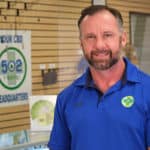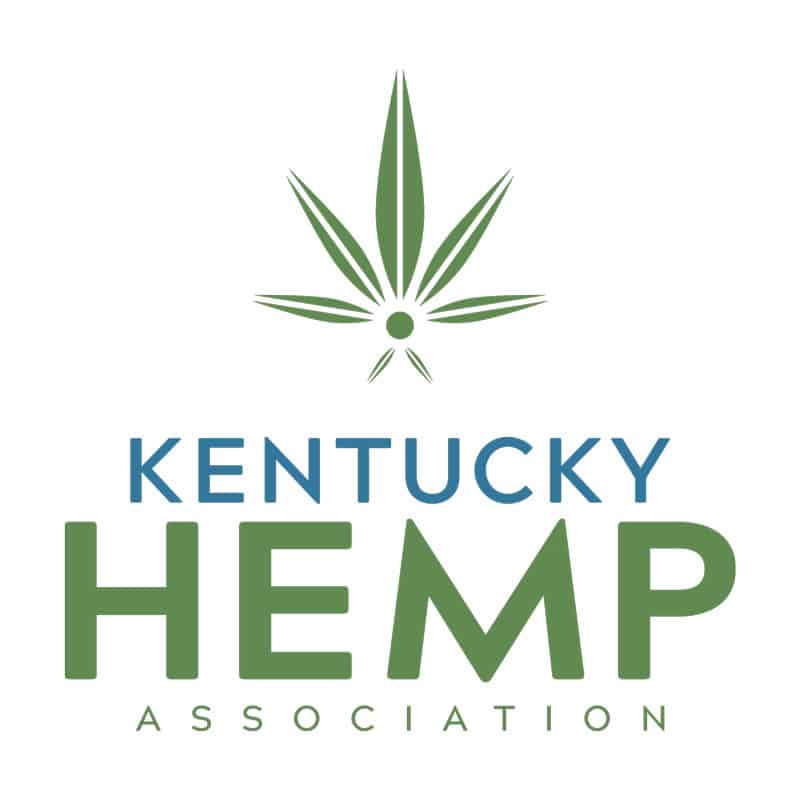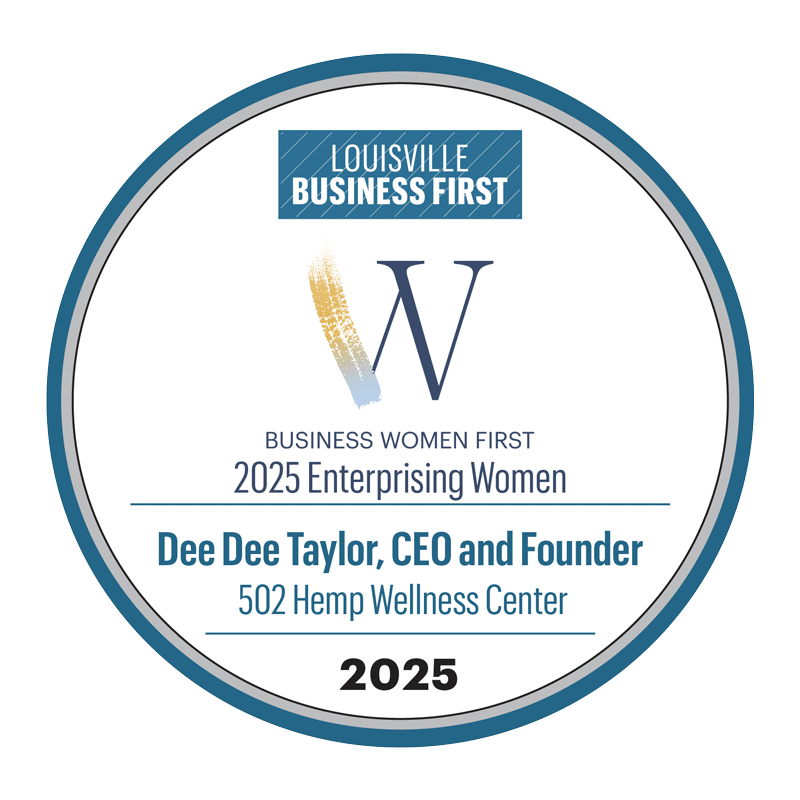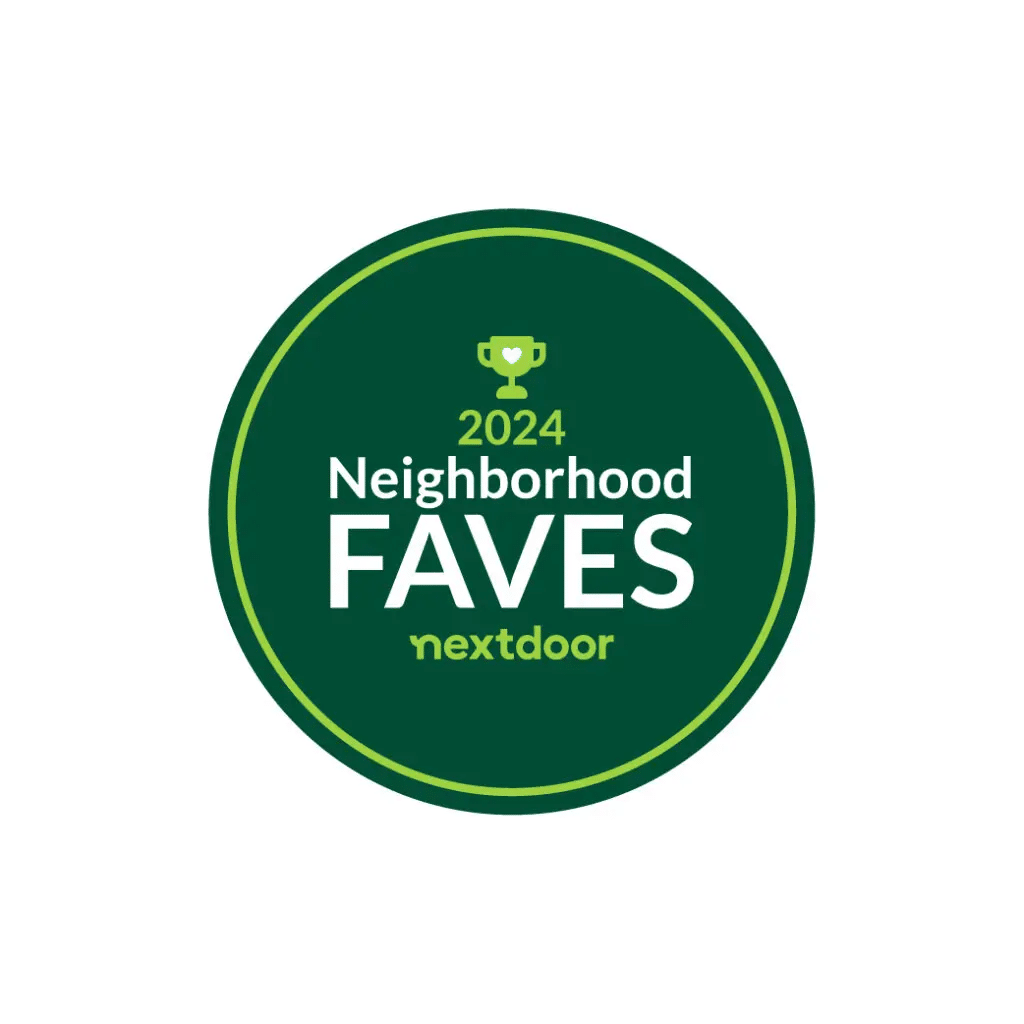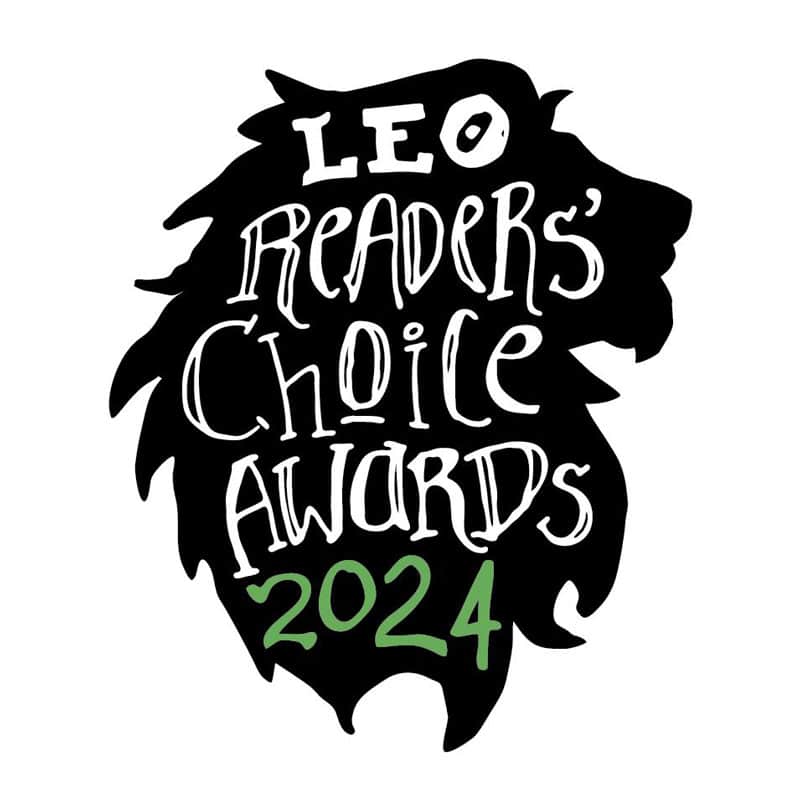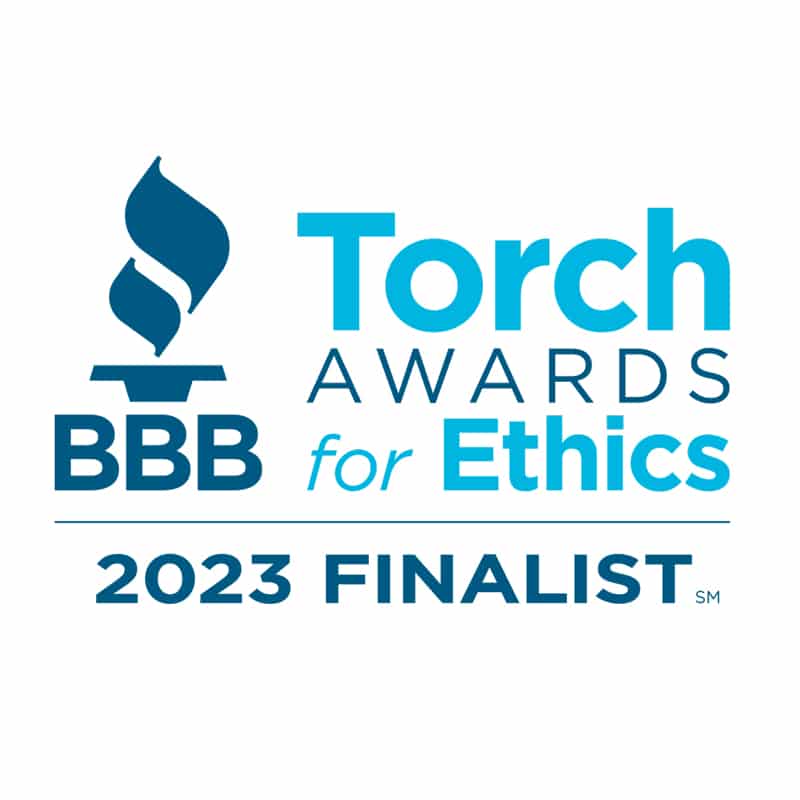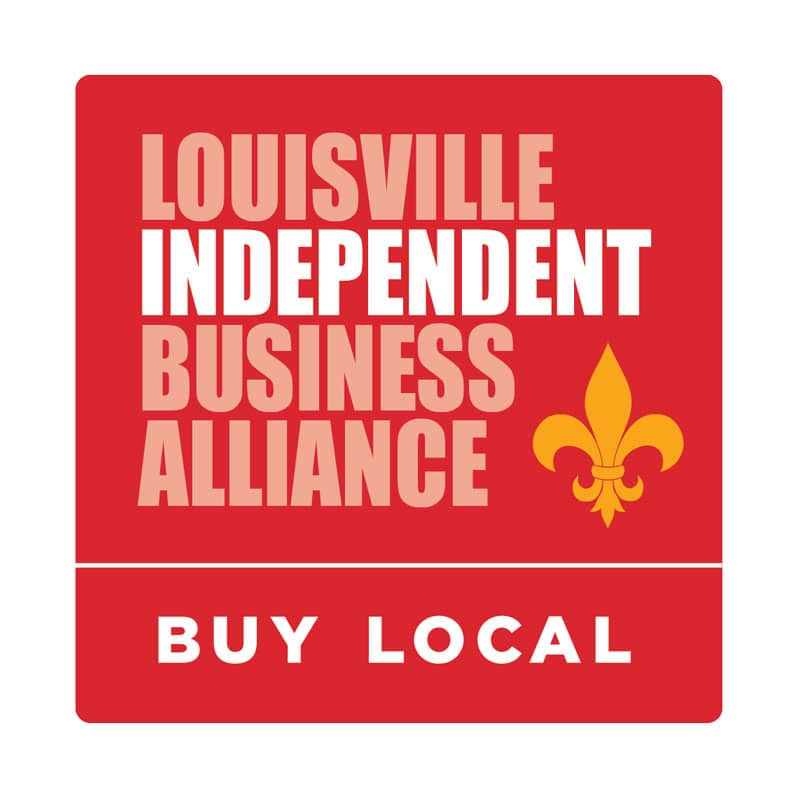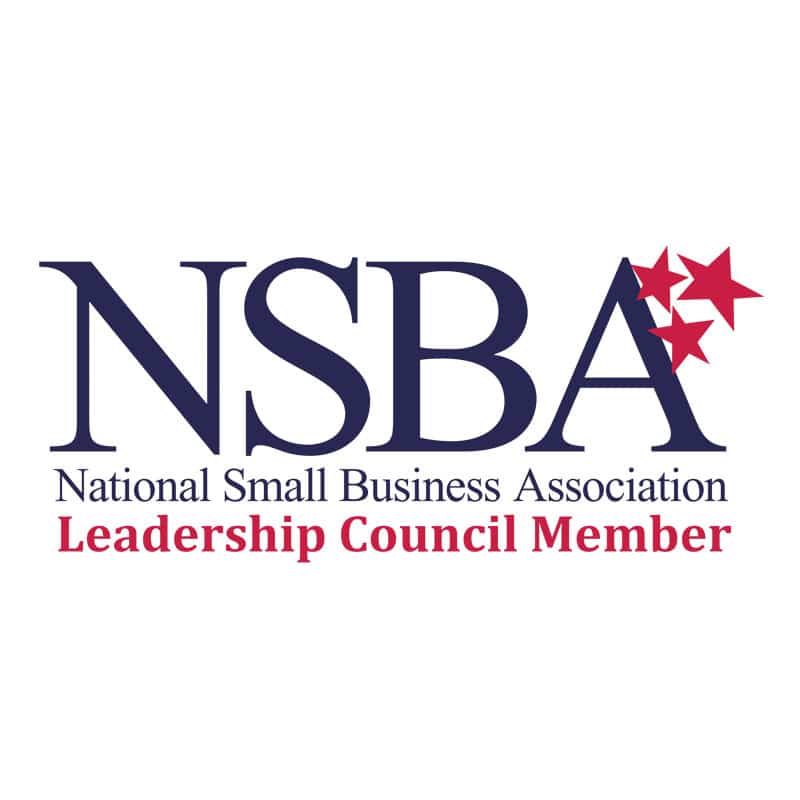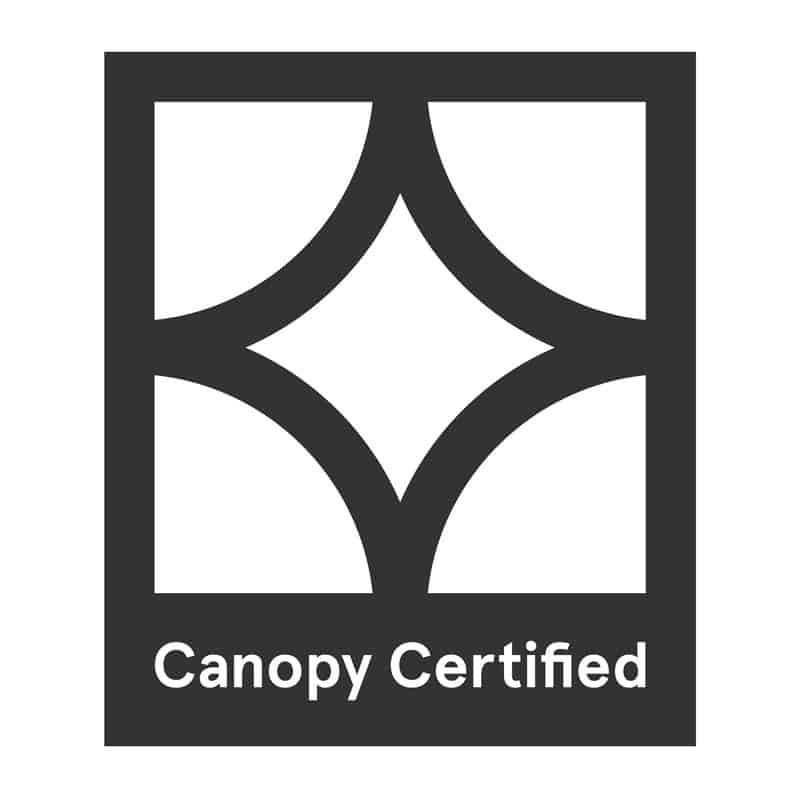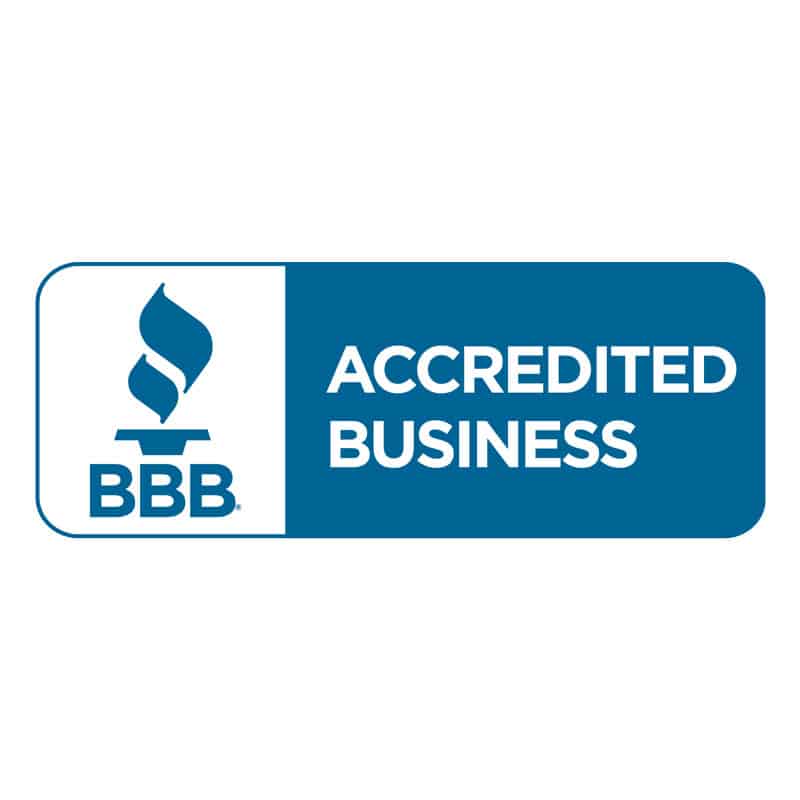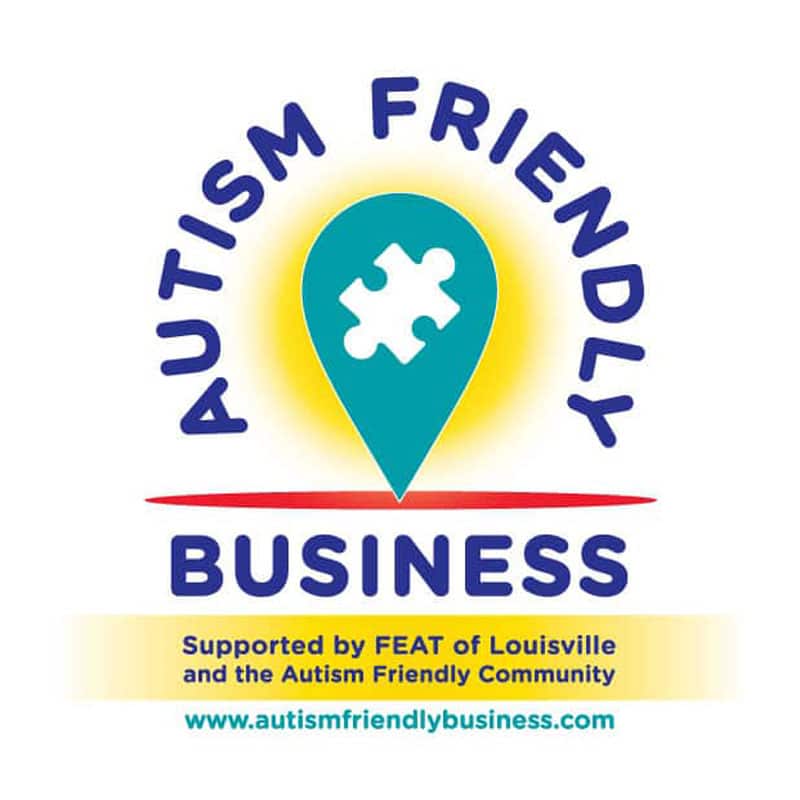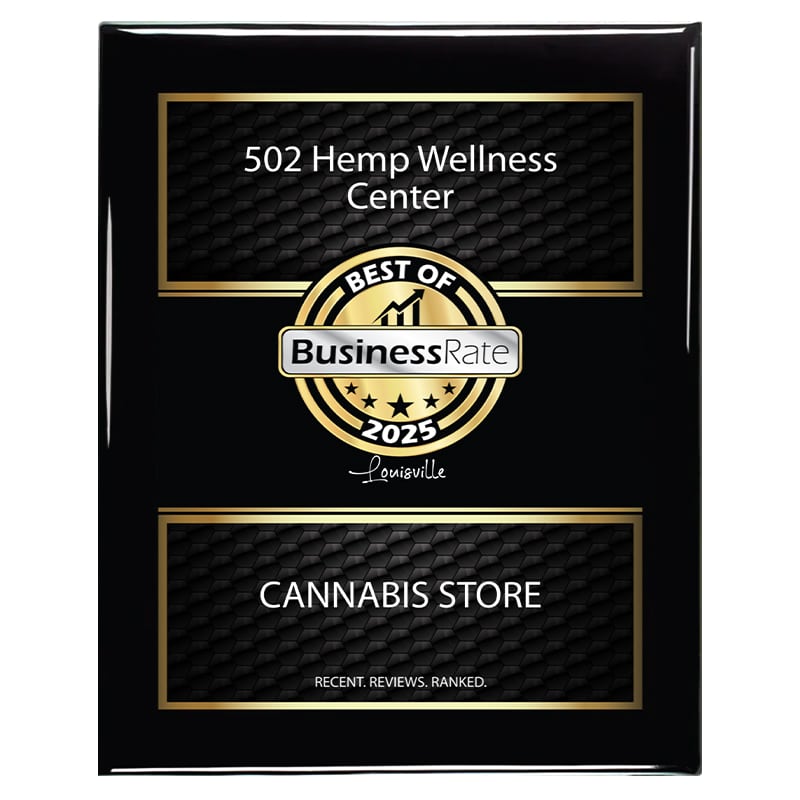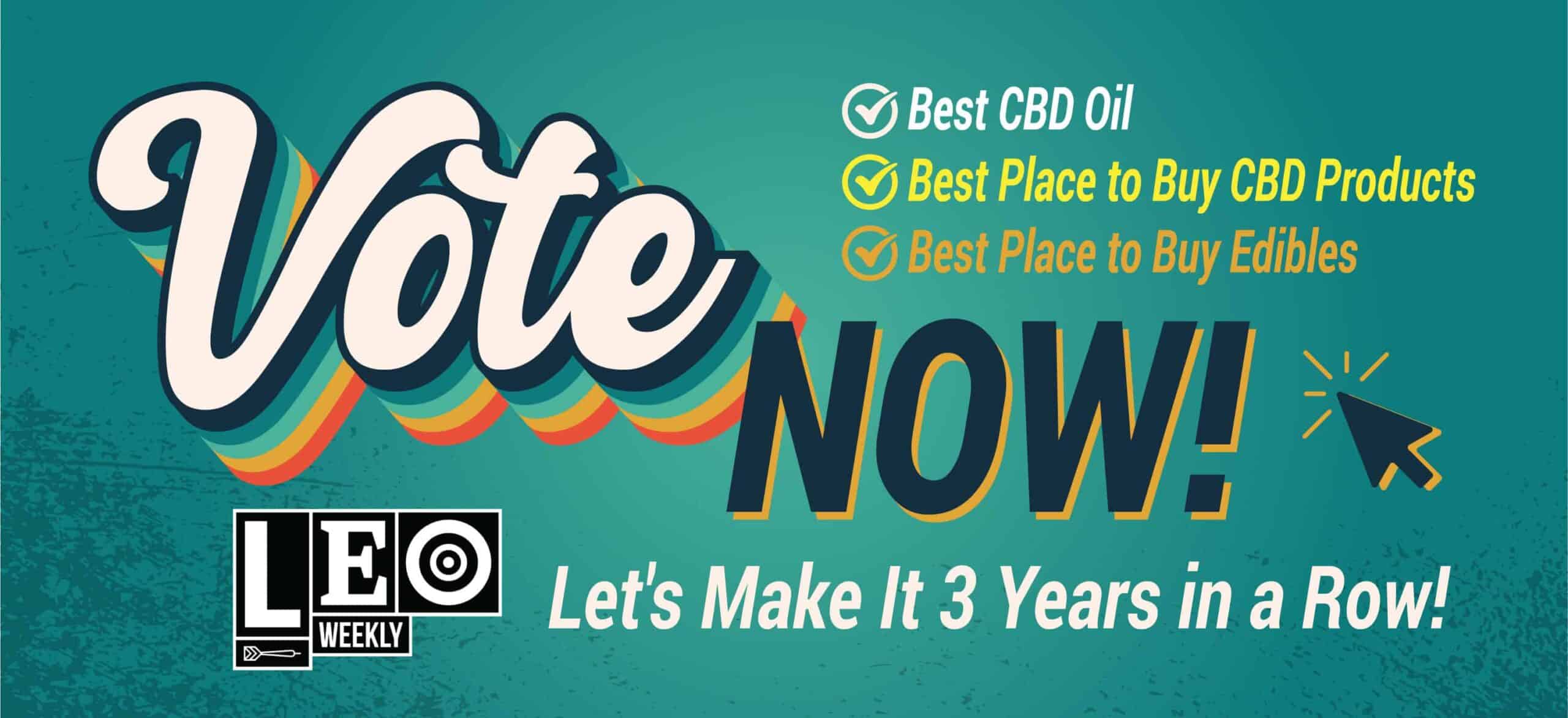
Read the Full Transcript
Introduction
Matt:
Hi, I’m Matt
Dee Dee:
And I’m Dee Dee. We are the hilarious outcome of opposing brains sharing a mutual desire to share knowledge and positivity when thinking about hemp and cannabis.
Matt:
We are here to tear down the walls built by big pharma and other big companies that seek to keep the human race and fear divided.
Dee Dee:
We are here to shatter the myths about hemp and cannabis and change the stigma of this amazing plant. Welcome to Hemp and Happiness with the hemp queen.
Matt:
And emperor.
Dee Dee:
Podcast. Join us as we venture into this misunderstood and the unknown.
Welcome
Dee Dee:
Hey, all you, uh, happy Hesters thanks for joining us again for our next episode of him and happiness. Uh, today we are gonna be talking all about a D D and a H ADHD and how maybe just possibly CBD can help for that. So fun filled. I’ve done a lot of research for this podcast and, um, I felt like I was back in college, again, writing papers. I was like, wow. I mean, there, there’s a lot of information about, um, add and ADHD and I think most people use the term just ADHD now, um, that add is just attention deficit disorder and ADHD is attention deficit hyperactivity disorder. So apparently it’s not as common as people think it is. Um, that was the one thing that, uh, my research showed. Um, but it’s definitely an issue I think, um, I’m just getting right into it.
Dee Dee:
I think that, uh, a lot of children are misdiagnosed with that. I think that, um, you know, kids are kids, man. They need to play, they got energy that us old folk don’t have anymore and they, they need to burn off that energy. They’re all about discovering new things and playing and learning. And I think it’s kind of hard to make kids sit still for eight hours a day, trying to learn something my own personal opinion, of course. Um, but I mostly wanted to talk to you about, um, really what medications that doctors tend to, um, throw at kids with this disorder. Um, of course there’s, you know, they do their testing. They do, they go through all that stuff. And it’s usually based off a kid that isn’t concentrated in school or can’t sit still, or just seems to be more hyper than most other kids. Um, and then again, it also seems to be that, you know, maybe it’s, they’re just disruptive in class a lot. I don’t know. Maybe they’re lacking discipline at home. I don’t know. Those are all the fun things that we’re gonna be talking about today. And Matt, I know, I see your face. You got anything to add?
Matt:
I’m sorry. I
Dee Dee:
Wasn’t.
Matt:
I get into it. I wasn’t paying attention. Uh,
Dee Dee:
Yeah, I know you had ADHD. <laugh>
Matt:
Uh, I completely agree with you. Um, and uh, I’ve not done the extensive research that you’ve done with D and ADHD, but I can tell you one, one thing that really hit home for me personally, personal experience, uh, I have at times in my life, definitely been a workaholic, which is not a way to live your life. Um, and one thing that I noticed what <laugh> one thing that I noticed with my son, uh, was that he would be playing, uh, joyfully and I would be working and I would be easily annoyed, uh, because I would try to be working, uh, when I shouldn’t have been working, I, I should have been paying attention to him. And when he, I would respond to his joy by telling him to be quiet and to settle down and do something nondestructive, uh, which a lot of people in the United States do today to their children and that is wrong. I was wrong. Um, and, and if you’re doing that, um, it’s wrong because it’s, children’s nature to it is explore, be joyful. If they’re making joyful, happy noises and running around, they’re doing what they’re supposed to do exactly because they’re children. Uh, and if you inhibit that, they’re going to seek that attention and that, uh, and, and exercise their frustration and that restriction in any way, they know how mm-hmm, <affirmative> mind you, that you’re also dealing with a, uh, developing brain. So
Dee Dee:
Right. All the stuff’s new to them, right. World’s new. I mean, they’re learning, it’s all new,
Matt:
It’s discovery. It, it kills me when I see some of these parents that work all day, uh, don’t pay attention to their kids. Don’t spend time with their kids, and it’s not a judgment by the way, because I was one of them. Uh, and then when your, your kid acts out, uh, and doesn’t wanna sit down and obediently study, oh, well, they clearly, they have D D clearly they have ADHD bullshit. Well, they don’t,
Dee Dee:
I call bullshit too. They’re
Matt:
Just, they’re, they’re exerting their frustration for the situation because they’re not allowed to do what is within their nature to do mm-hmm <affirmative>, which is to play, explore mm-hmm <affirmative>, uh, develop, um, through interaction, uh, with their, uh, with their peers, with their, their parents and, and with the, the, uh, the const basically the, the, um, the construct that they’re creating of their reality.
Dee Dee:
Mm-hmm. So I think, I think most teachers that teach that younger generation, they get it. Do you know what I mean? I think they get it now. Do I also feel that there’s a lack of discipline truly, maybe in the home that plays out in the classroom? Probably. I mean, you know, teachers, aren’t there to parent your child. You, you have to have that discipline at home too, but at the same time, kids are kids. They need to be kids. They need to be able to grow up and, you know, and learn at their own rate and, and learn and, and explore, and not just be thrown on a pill to make them sit there and be zombie like, cuz that is not the answer. And here’s why, because it will lead to further drug abuse as an adult. I don’t think that most people understand that Lin and Adderall literally <laugh> they come from meth.
Dee Dee:
I can’t even pronounce the name. It’s M E T H Y L P H E N I D a T E methylate. That is what Ritland is <laugh>. I mean, you said Ritland Ritland, that’s what I call it. Lin Ritalin. I know I’m pronounce it anyway. I want you say Lin, you go girl. Um, but it’s just, <laugh> it’s, that’s just the generic name for it, obviously. Cuz well, you know, you can’t pronounce that big old fanish fancy word, but it’s used to treat attention deficit hyperactivity disorder in granted. I’m not saying that all kids don’t have it or the ones that do, I’m just saying there are alternatives. Um, there’s alternatives to it. I mean some of the, it, you know, the research shows how you go into using it. Um, the side effects really were concerning. I mean, uh, nervousness, trouble, sleeping loss of appetite, weight loss, dizziness, nausea, vomiting, headache.
Dee Dee:
Um, do they really outweigh the benefits? I don’t know. I don’t know. I mean, that’s up to you and your doctor I guess, but it just kind of, um, it just kind of spoke to me. I was like, why? Okay. So my kids diagnosed and I mind you, my kid’s 24. So, um, I think maybe at some point maybe, but I don’t think so. She was, she was a good student. Um, for the most part, she had other issues growing up, but she’s extremely intelligent and she liked to play and she played, I mean she did, that’s what she needed to do now when she got to be 13, 14, I think some of the playing stuff had to come to an end and you had to grow up a little bit and do your chores. Um, but some of the stuff that it, this causes this medication causes is just scary.
Dee Dee:
I, if you come off of it too fast, you get suicidal thoughts, um, get medical help right away. If you fainting or seizures or symptoms of a heart attack. I mean, that’s some scary stuff that this does to your body. Um, <laugh> it even talks about males, young boys having a painful, prolonged, direct erection lasting for four more hours using those medications. I don’t know, but those boys going through puberty at that time, they don’t need that <laugh> they don’t need that. Which medication was that? <laugh> then. Okay. So I mean, and then Adderall is, is extremely abused in our society, even for adults and the side effects to it are just as bad. It just kills me that we are so quick to jump on a pharmaceutical meth and that’s okay. It pains me that we are so quick to put our children on a medication that really isn’t all that great for their body.
Dee Dee:
You know, I read even more research in here about dopamine and the endocannabinoid system and how they kind of relate together, which is that’s kind of interesting. A lot of people will use at least adults. They are using cannabis to self medicate for the D and ADHD. And I know this from my own experience in college, I sophomore year, there was a boy, but I smoked marijuana the whole time I was in college and I made Dean’s list that entire year I was more focused on my grades. I could focus better in class. It made a huge difference for me now, granted, it was illegal and it was definitely, uh, a drug. So they called it back then, um, which now, you know, luckily the stigma’s changing and they’re realizing more and more that cannabis and CBD and all these products out there are more medicinal in property than the drugs that are being made.
Dee Dee:
Um, I think that’s so important because we’re still trying to change that stigma. We talk about that in almost every show that there is still the stigma against cannabis and CBD and hemp and all of that stuff. When even though we have an endocannabinoid system, our bodies were built to receive these. Um, and I think that’s important. There are there’s more and more people that are using CBD products for the D and ADHD, 50%, 57%, female and 38% male. So I think that’s pretty cool that we’ve, uh, started using something different and, and it’s helping. And most people reported that this helps them immensely. That C B D does. Um, it’s helping them sleep. It’s helping them stay more focused. Um, it’s helping with their hyperactive and the impulsivity and making those decisions. It’s just kind of putting things into perspective and it is helps people stay on task, minimize the distractability and mitigating agitation or irritability.
Dee Dee:
And I think my husband can attest to that cuz when I don’t take my CBD oil, he knows I get way more irritable. So if I happen to forget it one night, I’m, I’m definitely more irritable the next day. So I think that, you know, do your research, obviously we always say that it’s all about thinking for yourself and don’t believe everything, big pharma throws at you. There are natural products that you can try to see if that helps you before you go taking a meth, a legal meth product. Um, you know, I, my oldest brother, um, actually passed away and he was a meth addict and to see how much that changed his whole, and this is true meth, not, not, uh, written, um, but it it’s a shame. It’s, it’s a hor I just, I think it’s a horrible drug. And I saw what it did to him.
Dee Dee:
And I saw what it did to his two kids, seeing him be that way and how much it affected them. And to this day, I mean there’s drugs. And then there is medical cannabis <laugh> and I will always say, if you are going to try something, try CBD first, just try it. Don’t let it be your last resort. Let it be your first resort. Let it be your first try, not your last resort. Um, there’s a lot of kids out there that just need to be able to play and explore and grow. And they need parents that are actually there for them and not always worried about work and not always focusing on work because in the end you ain’t here forever. Life is so short. Life is so short and kids grow up so fast. And I mean, you know, my daughter’s 24. I only got 12 years with her.
Dee Dee:
I, I was, I came on board when she was 12 and I’ve only gotten 12 little years with her and they have gone by so quick. I mean to know we’re getting ready to plan her wedding, which will be fun. Um, but at the same time, I mean, it’s that kind of stuff. You need to be there for them as a parent. So you need to play with them. You need to go out and do things with them. You need to not make them sit there and behave as an adult when they are not an adult. That’s just my 2 cents about it.
Matt:
So question and your non-medical opinion, what is the difference between a kid? That’s just not simply not getting enough exercise, not getting enough play time and a kid who legitimately has a deficit disorder.
Dee Dee:
I, I definitely think there is a difference because if they truly have a deficit, they a disorder, they literally cannot stop moving. Like they cannot stop. Like it is constant. It is constantly getting in trouble, constantly doing something. Um, and it, it is. And I, I have seen it. I mean, I’ve got nieces and nephews that some, I would definitely say are, and others I’m like, no, they’re just being a kid. Let them go play. Um, there’s definitely a big difference I think. Um, but if you’re not around the kid all the time to know to see them, how would you really know you take him to the doctor? Because the teacher, the administration says, look, he’s got problems. He’s not studying in class. He’s, you know, he is always being disruptive. Is it, is it, or does he just need a different learning environment?
Dee Dee:
Because I think not every kid, we’re not, we’re trying to put these kids in this. We’re trying to make them all be the same and no two kids are alike. Right. Kids study differently. I learned by writing things down and taking notes. That’s how I remember things. That’s how I’ve always done it, but other people can read something and they, they understand it. They got it. It’s right then and there I’ve always had to do that. So I, I think we’re, the kids are different too when they’re learning. Um, I think as I, I mean, obviously I’m not a teacher, but I think there’s a lot of really good teachers that understand the difference. And I think, um, listening to what they have to say about it is important. However, keep in mind if your kid doesn’t exhibit this stuff at home. I would question that because they <laugh>, I would question that
Matt:
Well, and the reason I ask is because I feel like there’s a lot of different doctors out there. There are some great doctors out there and there’s just some shitty doctors out
Dee Dee:
There. Yes. That just wanna prescribe the pills and move on.
Matt:
Exactly well, and, and I, and I think that the, there’s a, there’s a twofold theory to that one because we, we currently live in a society where it’s socially acceptable to medicate issues. Just UN without question, right. Oh, you have a problem. There’s a pill for
Dee Dee:
That. There’s a pill for that.
Matt:
There’s a pill for that. Uh, two, uh, so, so you’ve got the, the, the misdiagnosis issue mm-hmm <affirmative> or just the lack of diagnosis issue. And, um, we’re, there’s a, there’s another podcast coming up where I’m gonna get a little more in, into the misdiagnosis mm-hmm <affirmative>. Um, but, um, beyond that, when you have a kid with a legitimate issue that, that, that needs to be worked on, is, is that something that they’re gonna have to deal with for the rest of their life? Is that, are there
Dee Dee:
No, not necessarily. In my research, it said that most kids grow up out of it now, um, for adults, I think it was only like 2% of the population that, that have ADHD as an adult, but most kids grow out of it. Right. And that makes me believe that maybe it’s not truly D or
Matt:
ADHD. Well, and, and, you know, depending on the illness that they, they come and go and, and again, DD and I are not medical professionals. This is purely opinion, free thought base. So free thought meter, be careful. <laugh>, um, there’s, there’s actual independent thinking going on, don’t freak out, right. Don’t drive off the road. If you’re, if you’re in a vehicle right now, there will be independent thought engaged at this moment. Um, sorry. Didn’t mean to be so sarcastic. Uh, but welcome
Dee Dee:
To my world.
Matt:
<laugh> if, if, if a kid has an issue and they’re working through the issue, a D D perhaps being one of them C, which is available with zero THC, if you so choose, um, does have some studies that show, uh, an increase in, in, in brain chemistry, yes. That allows for increased focus. You hit on that when you, you talked about your college study mm-hmm <affirmative>. So it seems to me that if you are a caring and concerned parent, it might be worth your while to one explore, make sure that your child is getting adequate activity, uh, adequate brain stimulation outside of, you know, textbook focus, uh, quiet, uh, study, and then two potentially supplement that with a C B, D, and coping mechanisms for when they feel that this correct deficit disorder is kicking in. Now, the problem with that is there in lies.
Matt:
The problem, a problem in our society is parents don’t wanna put in that work, right? Uh, all too often, in my opinion, they just wanna say, oh, there’s a pill for that. Let’s put ’em on the pill. And by the way, I’m no different. When, when, when my son had issues as a child, uh, he had a, a very MI I’m very minor disorder. I don’t wanna embarrass him, so I won’t get into it. Um, my first instinct was, well, what’s the pill. Uh, what’s the, what’s the pill for the solution. And it took me a lot of forethought meditation talking with different people to realize you’re
Dee Dee:
No different from other parents.
Matt:
I know, but I, I, I will. I always, except my responsibility or irresponsible,
Dee Dee:
I think most of us want what’s best for our child.
Matt:
Um, we do, but what it, what it really boiled down to was just working with him mm-hmm <affirmative> and exploring, um, the issue and making sure that it was an environment that he felt comfortable working in and positive about instead of just simply going the, the, the, me, the medical route mm-hmm <affirmative>. Um, so I think that, you know, one thing that I love about C B D is it is not a cure hall. No, it’s not, you’re not you’re, you’re not gonna put your kid on CBD. And it’s like, oh, it’s amazing. He goes to school, he gets straight A’s teacher says he he’s quiet and raises his hand, but it might increase that, that cortical activity that stimulates concentration, uh, maybe increased focus potentially. And, um, oh, and then, and thereby opens the gateway to, uh, improve as these situations, as these issues work themselves
Dee Dee:
Out. Well, and the thing about CBD products is your body. We all have that system, including our children. So we just have to get past the point that people think that cannabis is a drug and that it will harm us and that it causes all these problems and issues we have to, as a society, we have to get past that and realize that, and THC, you can use it without getting high people, all CBD products, not all our full spectrum CBD product has that little bit of THC in it, and your body uses it. So what I don’t understand, and this is just me personally, I would much rather my daughter smoked marijuana, used CBD products. And self-medicated that way, as opposed to self-medicating with drugs that are currently on the market, that’s my own personal opinion. I will stick by that forever because when I, I saw her anxiety as she was grown up as a kid, and back then, we didn’t have CBD when she was that little.
Dee Dee:
I mean, we didn’t have that for them. And it’s a shame because I think it would’ve saved her and I, a lot of grief and drama had, we had those products while she was growing up through those teenage years. And she’d probably agreed to that as well. And it just, you know, parents, if you’re worried about that, please come in and talk to us. That’s why we’re here. We’re here to educate you as always. And I think it’s just so important to know, you know, there’s, um, there’s a school in Louisville that drug tests, kids, I’m not gonna name the school, but, um, they drug test their kids for THC products. And then a lot of these parents are sending their kids off to drug rehab for this, for THC. And <laugh> THC and marijuana is not the gateway drug that people think it is. It is alcohol. And it is pills. Pills are almost always addictive. And if a child, and I wouldn’t even say a child, I would say a teenager is trying THC and it’s actually helping them, my gosh, get them a legal version of it. It, it, it just infuriates me that these kids are suddenly getting shipped off to rehab over marijuana products.
Matt:
Well, it, it circles back to the same thing we’re talking about. Mm-hmm <affirmative>, uh, do I advocate children using THC? Uh, I personally do not. Um, and here’s the reason
Dee Dee:
I don’t, I’m not saying marijuana that definitely cannabis products and CBD full spectrum.
Matt:
If, if, if a child is seeking to self-medicate outside of what’s, what’s prescribed by their parents, healthcare providers, uh, whatever title you want to use. Um, it’s because there’s a dysfunction in their ability to cope with whatever’s going on with
Dee Dee:
Them. Right. And they also are dealing with peer pressure too.
Matt:
Right. So the bottom line is why are they struggling to cope? And what are they struggling to cope with? Mm-hmm <affirmative> and if there’s a product that’s going to help them increase their ability to cope. Yes. If they’re using THC to replace coping, which a lot of kids do. Yeah.
Dee Dee:
Yeah. Good
Matt:
Point. That’s a mistake. That’s a terrible mistake. And this, in my opinion, no different. It might be a healthier ver version than using a prescription drug or a big pharma drug, but it’s no different because they’re, they’re not learning how to cope. They’re not learning how to work through the, the problems. And the parents are not participating in the assistance of helping them work
Dee Dee:
Through that work. And they’re
Matt:
Just shipping off. They’re just medicating the same as if they were using anything else. And, and the, the further along they go without developing those coping skills, the worse it gets. Yes. And then they’re right back into being an adult. And then finally they go the medical route. Right. And it’s the same thing. So in that sense, that’s where the gateway stuff happens.
Dee Dee:
Yeah. All right. I stand corrected. I agree with you, Matt. <laugh>
Matt:
I love, I didn’t want you to agree with you just me. You
Dee Dee:
Just said it a little better than I did, but yes,
Matt:
No, no, no, no, no.
Dee Dee:
I mean, it’s true though. I, it, I, it just pains me. I mean, parents. Yeah. You, you gotta, you gotta talk to your kids better than that.
Matt:
Agreed.
Dee Dee:
It’s super important. <laugh> <laugh>
Matt:
Should we do some takeaways here?
Dee Dee:
We should do some takeaways. Um, Lin
Matt:
<laugh>
Dee Dee:
Is not, is not always the answer. And it is super important to talk to your kids and find out why they want to use products like marijuana, if they are, instead of just shipping them off to rehab. Because obviously there’s more things going on there than that. Lots of peer pressure for teenagers. I wouldn’t wanna be a teenager in today’s society. Um, I want to raise the teenager in today’s society, so kudos to you, Matt for that. But I think it’s also important to know that there are alternative, safe and healthy products out there that you could try first, instead of it being your last resort, there are educated people that know about CBD products, hint, hint, Matt and I, um, and everybody at our store. But you know, you also need to find a good doctor as well. One that knows, um, that pills aren’t always the answer.
Dee Dee:
And I think that is super important in today’s day and age. There’s so many things that are out there that our kids are struggling to deal with. And we, as a society need to keep that in mind and try and raise them differently. You know, Matt and I are part of the gen X generation, right. Our boomers raised us and we were latch key. We had our own key to get home and stuff. So we’re extremely independent. We always were. So, you know, add and ADHD. Wasn’t really a thing when I was growing up, but I know darn good and well, and you and I, we will go off on our squirrel chases. So it, it, it does exist. I I’ll never say that it doesn’t exist, but keep in mind, kids need to be kids. They need to play and they need to learn and they need to, they need to feel that joy. We need to not take it away from them by always yelling at them, to be quiet and sit there and shut up and don’t say anything. Yeah. So that’s, that’s the biggest takeaway, listen to what your kid needs and, um, you know, make the best assessment for you and your child. And, uh, again, I would, if it was me, I would at all costs try to avoid some of those, uh, pharmaceutical drugs.
Matt:
I would agree one, I, I, 100% agree with you. Mm-hmm <affirmative>. And I would add to that, that if you can have a joyful child, you will experience that joy vicariously with them. And that will make you more joyful. That will make a more joyful adult, uh, as they continue into an adulthood. And then you live vicariously through that. So if you, and, and I’m, I’m not saying don’t medicate, uh, I’m not saying anything like that. Uh, I’m saying if, if, if you’re not paying attention to the joy that your, your children are experiencing, you’re missing out in an opportunity that is once in a lifetime, literally, cuz once it’s gone, you won’t get it back mm-hmm <affirmative> uh, and neither will they so enjoy your children for who they are, what they are. That’s agreed. I just wanted to add that agree. I just wanted to add that. So
Dee Dee:
Thanks for listening everybody, you know, please leave, send us emails if you’ve got certain. Um, if you’d like to hear Matt and I talk about something, send an email to info 5 0 2 hemp.com. If you have comments, questions, follow us on YouTube, leave your comments there. We will see them, um, be happy to, uh, yeah, to respond and let you know what our thoughts are on that. Um, by all means you don’t have to agree with us. It’s okay. <laugh> we won’t like you any less, but definitely keep following us. We’ve got um, great more episodes coming up. So I’m pretty excited about the future of our podcast. Yes. So for sure, uh, take care, happy hamsters. And uh, we will talk at you soon.
Speaker 3:
Mm-hmm <affirmative> keep it. Hempy
Dee Dee:
That’s right. Thanks for joining us for another episode of hemp and happiness with the hemp
Speaker 3:
Queen and emperor.
Dee Dee:
Keep your mind ever open and expanding, like subscribe, review, follow us, all the good stuff and
Speaker 3:
Keep it Hempy out there.


